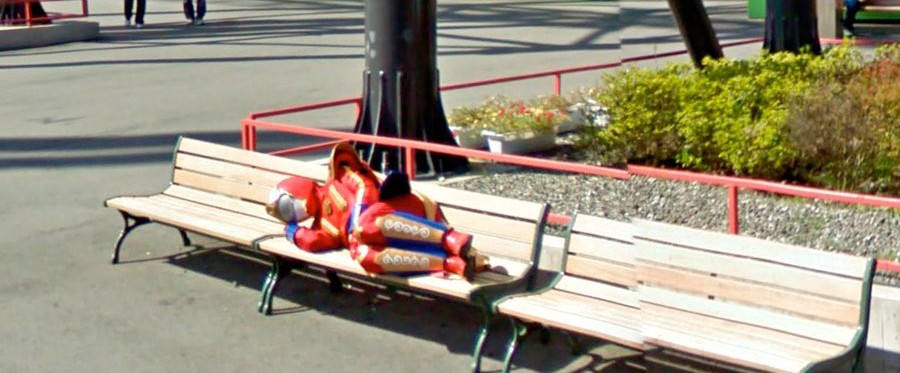Katie Allen has written a Guardian piece about a recent Deloitte study which suggests machines won’t be stealing our jobs. Fucking lazy robots! Get to work!
The research argues that machines have always taken on the worst of jobs, creating better new ones, leaving us with more disposable income for luxuries and grooming and such. I don’t think the report is controversial in its historical view: Technology has traditionally been a job-creating force. The Industrial Revolution was boon, not bane, for workers.
But the past isn’t necessarily prologue. What if it truly is different this time, employment becomes too scarce and the distribution of wealth is exceedingly uneven? In the aggregate, it would be great if AI did a lot of the work, but would you want to be a truck driver right now?
The opening:
In the 1800s it was the Luddites smashing weaving machines. These days retail staff worry about automatic checkouts. Sooner or later taxi drivers will be fretting over self-driving cars.
The battle between man and machines goes back centuries. Are they taking our jobs? Or are they merely easing our workload?
A study by economists at the consultancy Deloitte seeks to shed new light on the relationship between jobs and the rise of technology by trawling through census data for England and Wales going back to 1871.
Their conclusion is unremittingly cheerful: rather than destroying jobs, technology has been a “great job-creating machine”. Findings by Deloitte such as a fourfold rise in bar staff since the 1950s or a surge in the number of hairdressers this century suggest to the authors that technology has increased spending power, therefore creating new demand and new jobs.
Their study, shortlisted for the Society of Business Economists’ Rybczynski prize, argues that the debate has been skewed towards the job-destroying effects of technological change, which are more easily observed than than its creative aspects.•
Tags: Katie Allen

